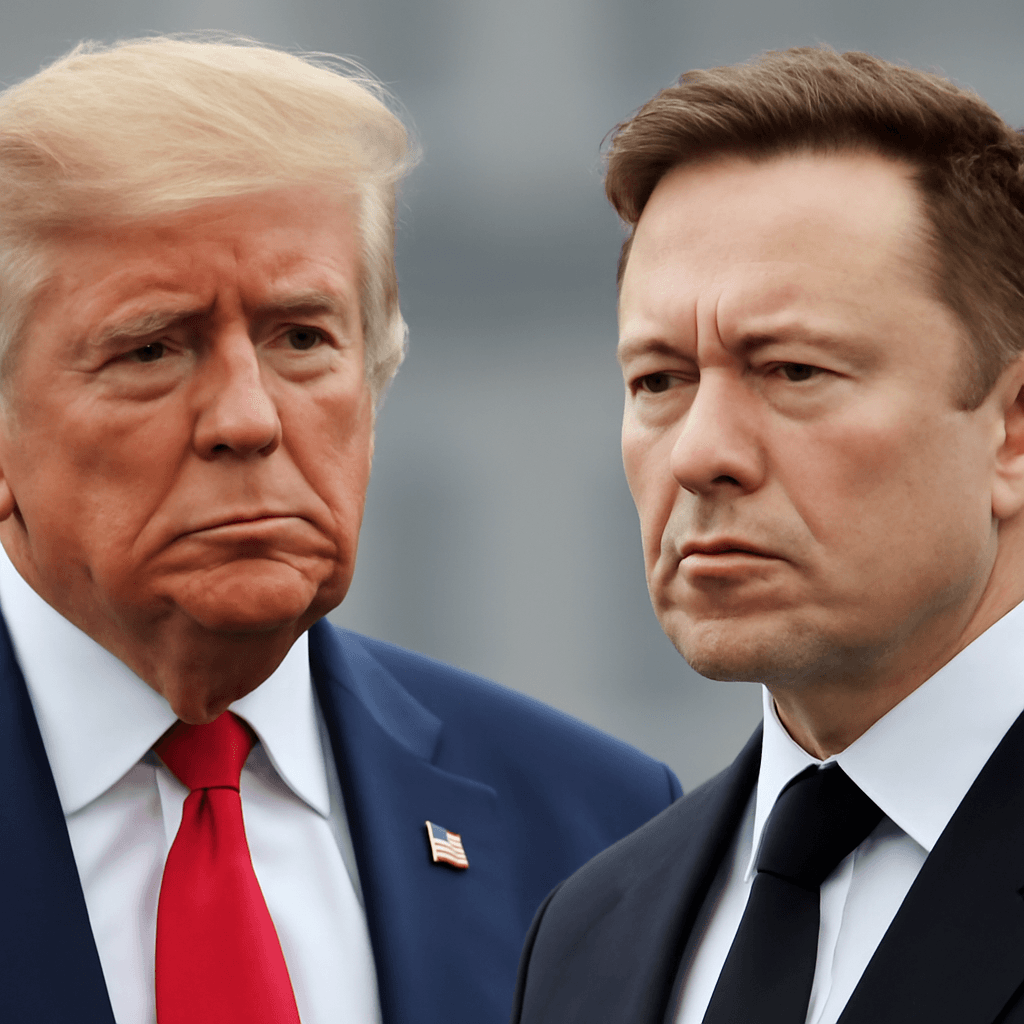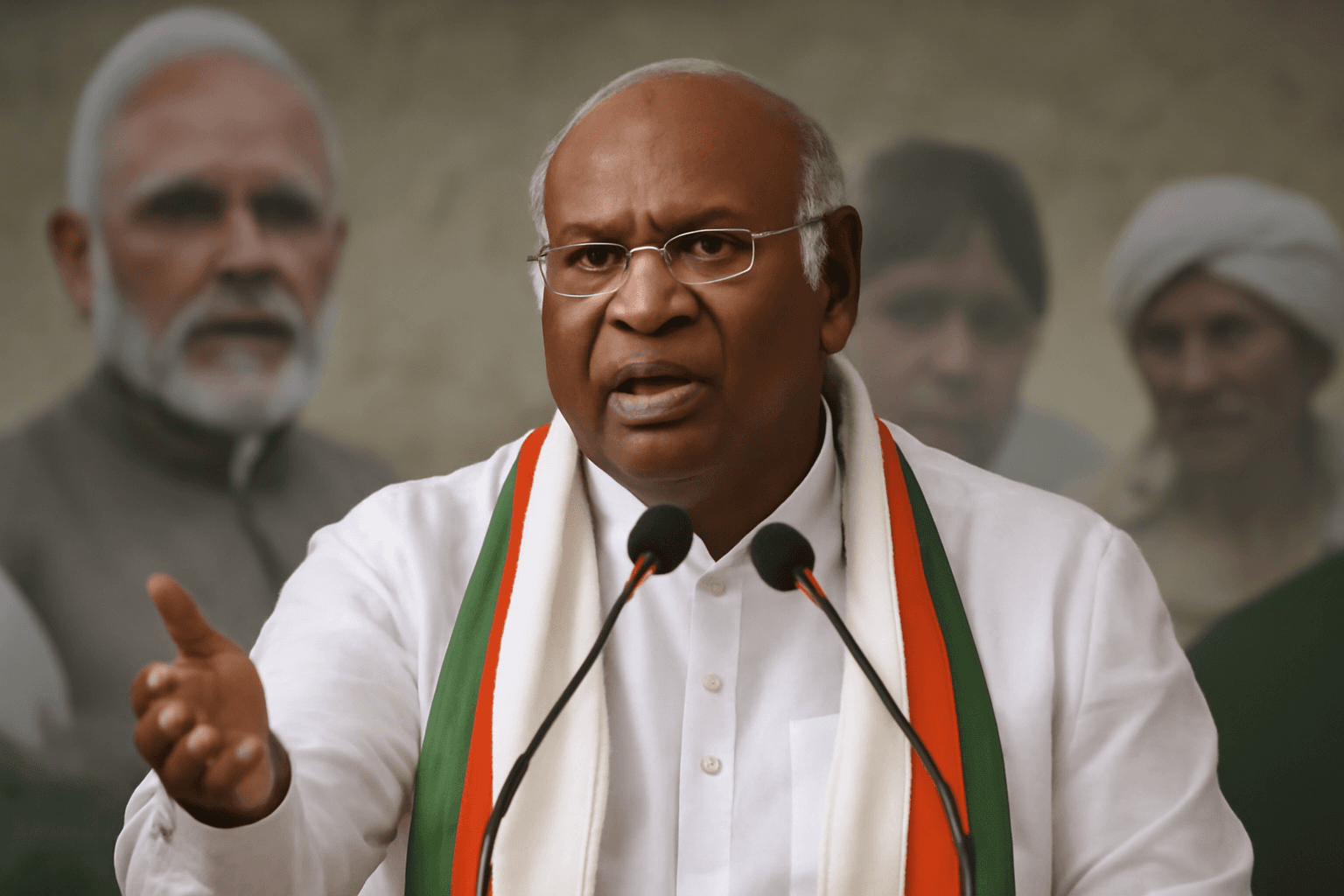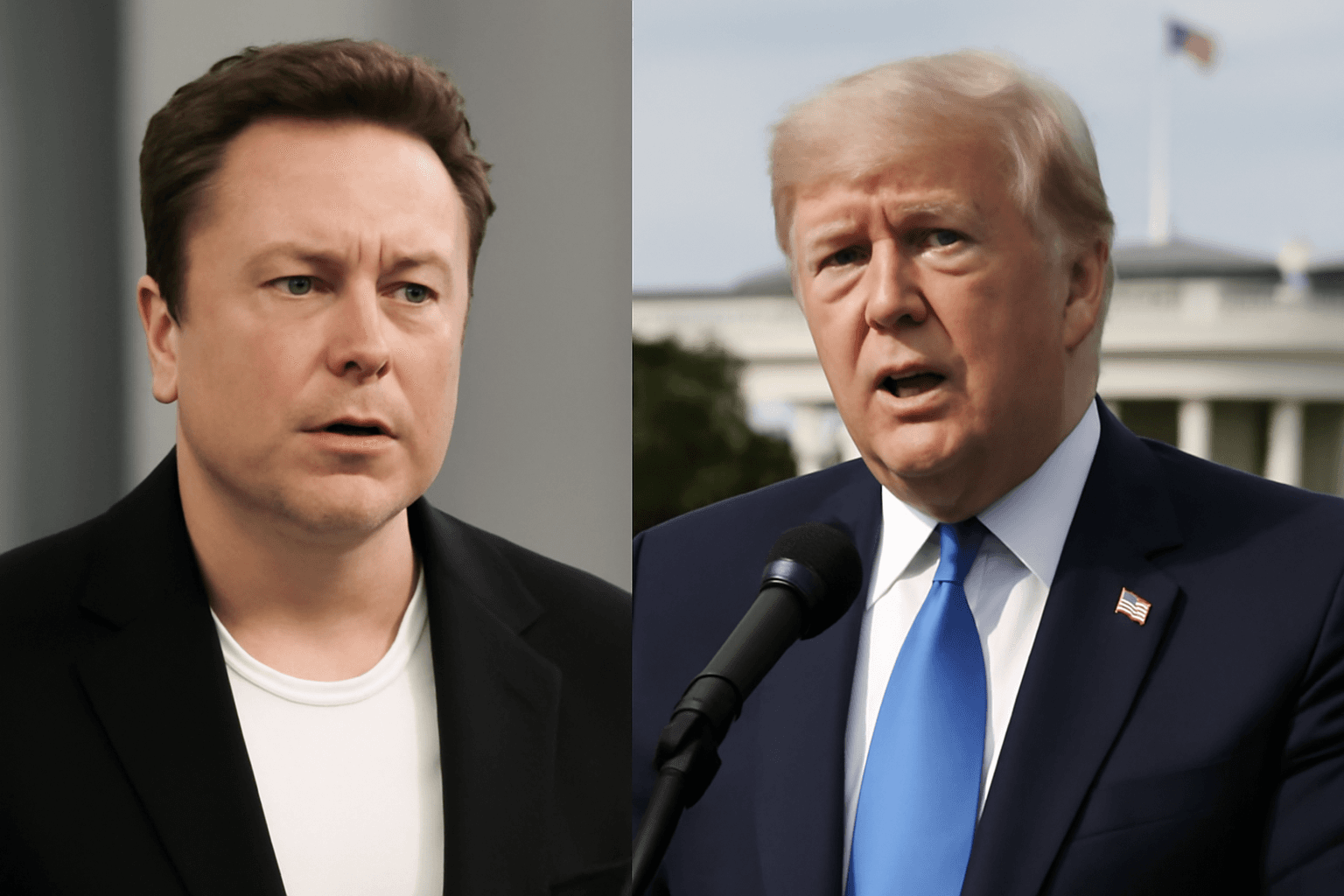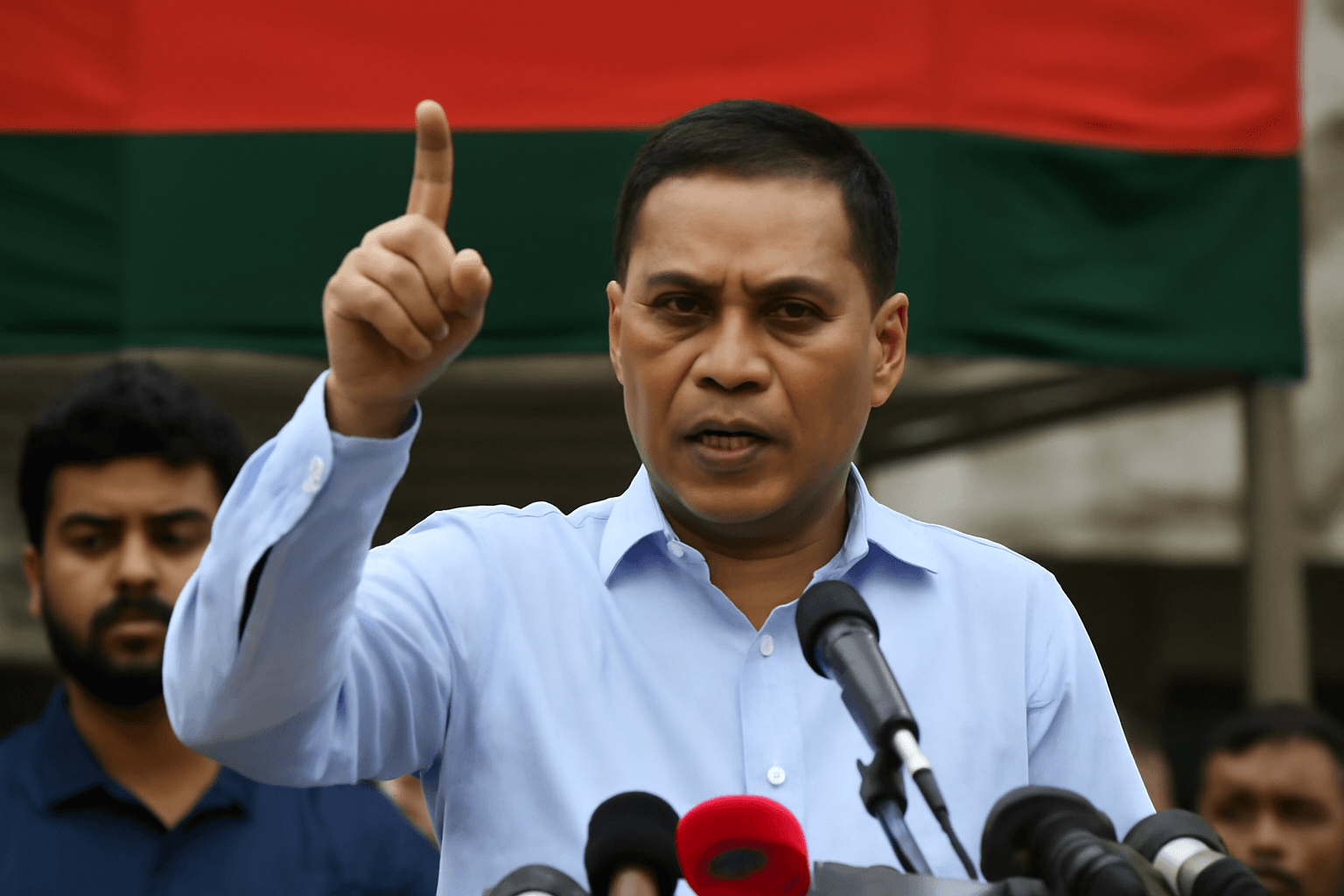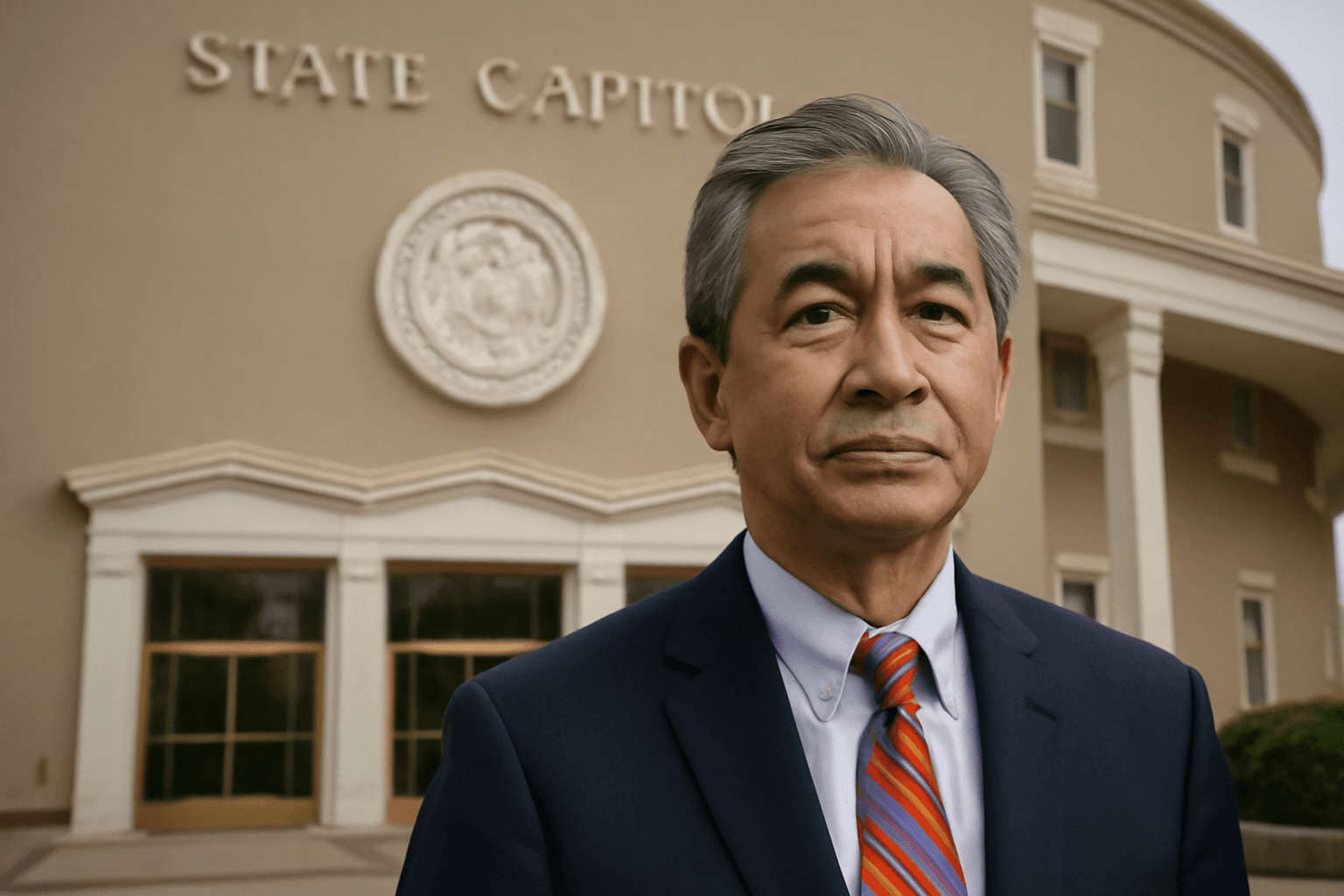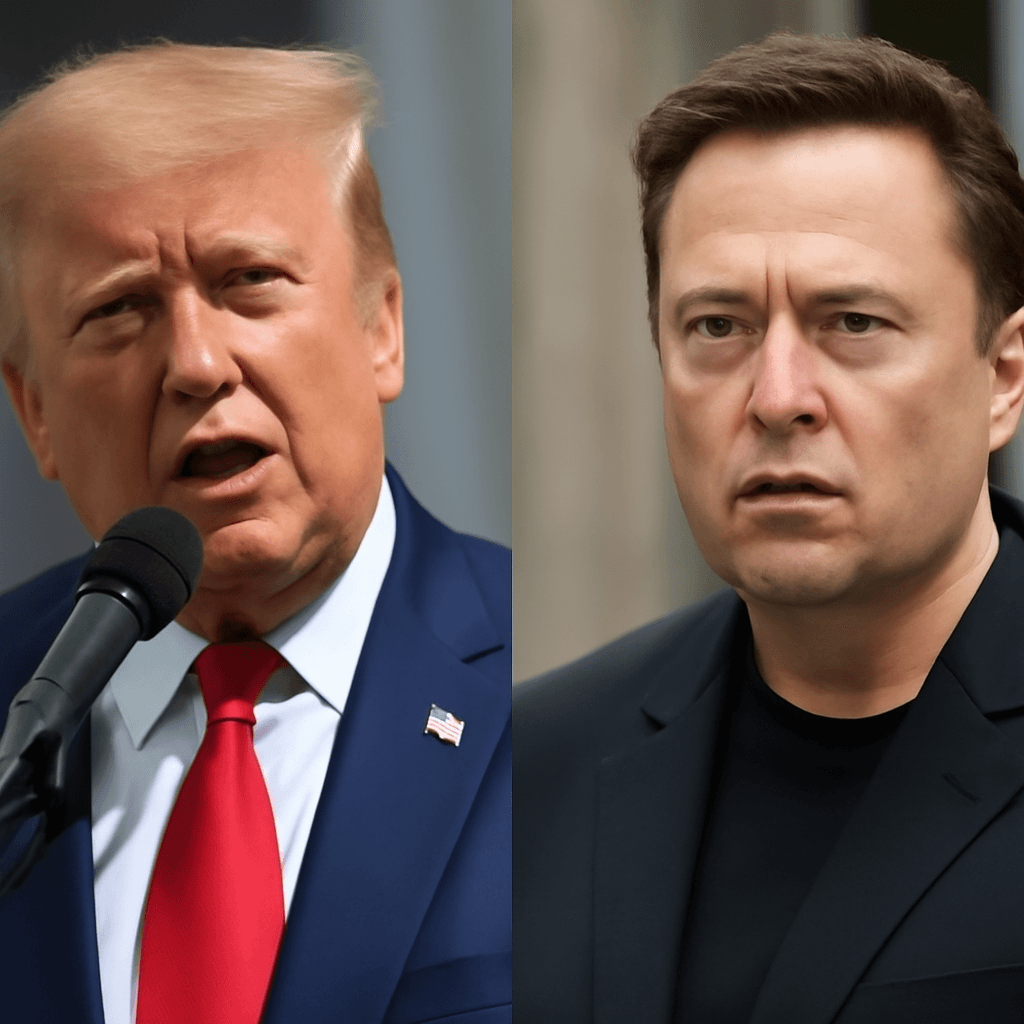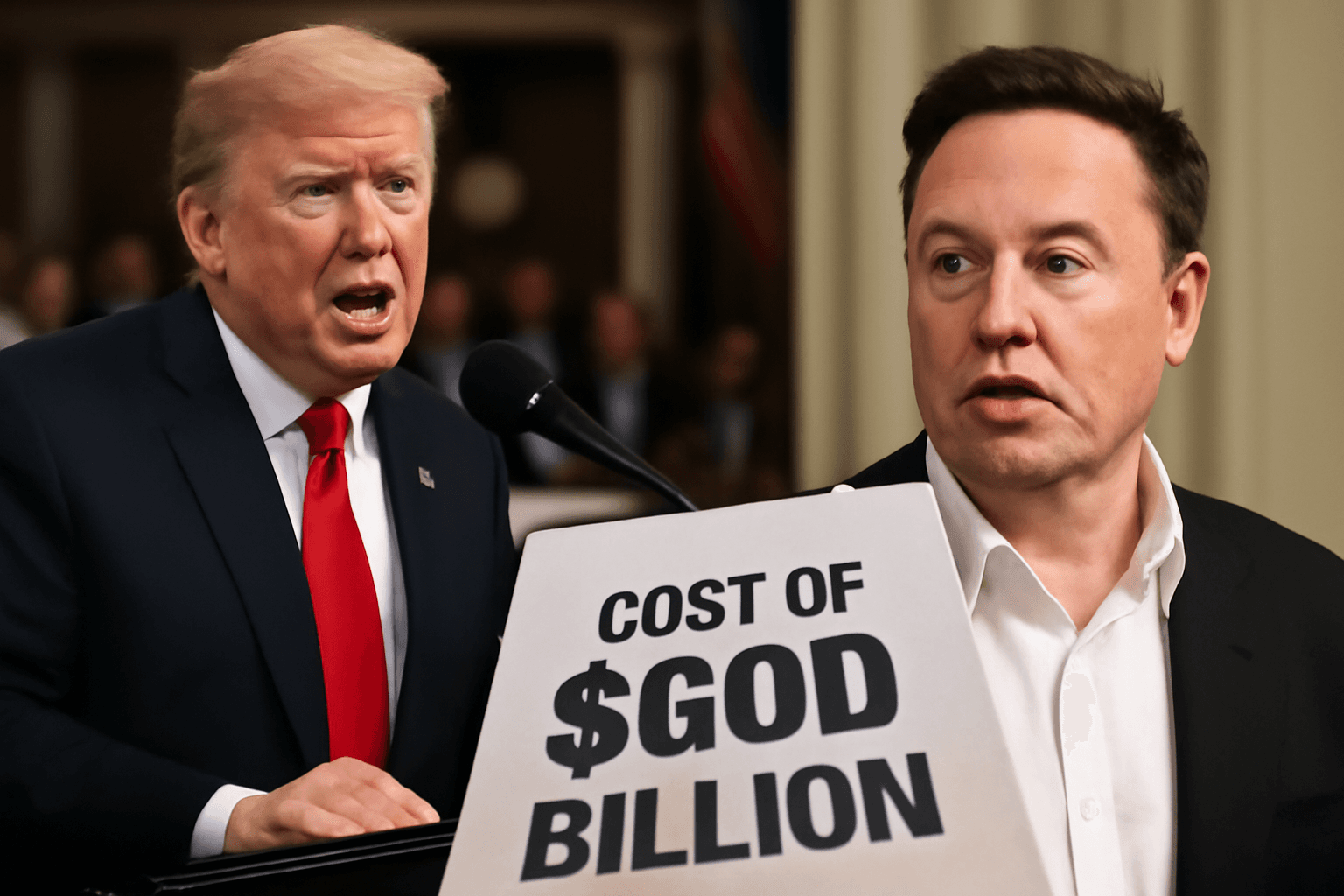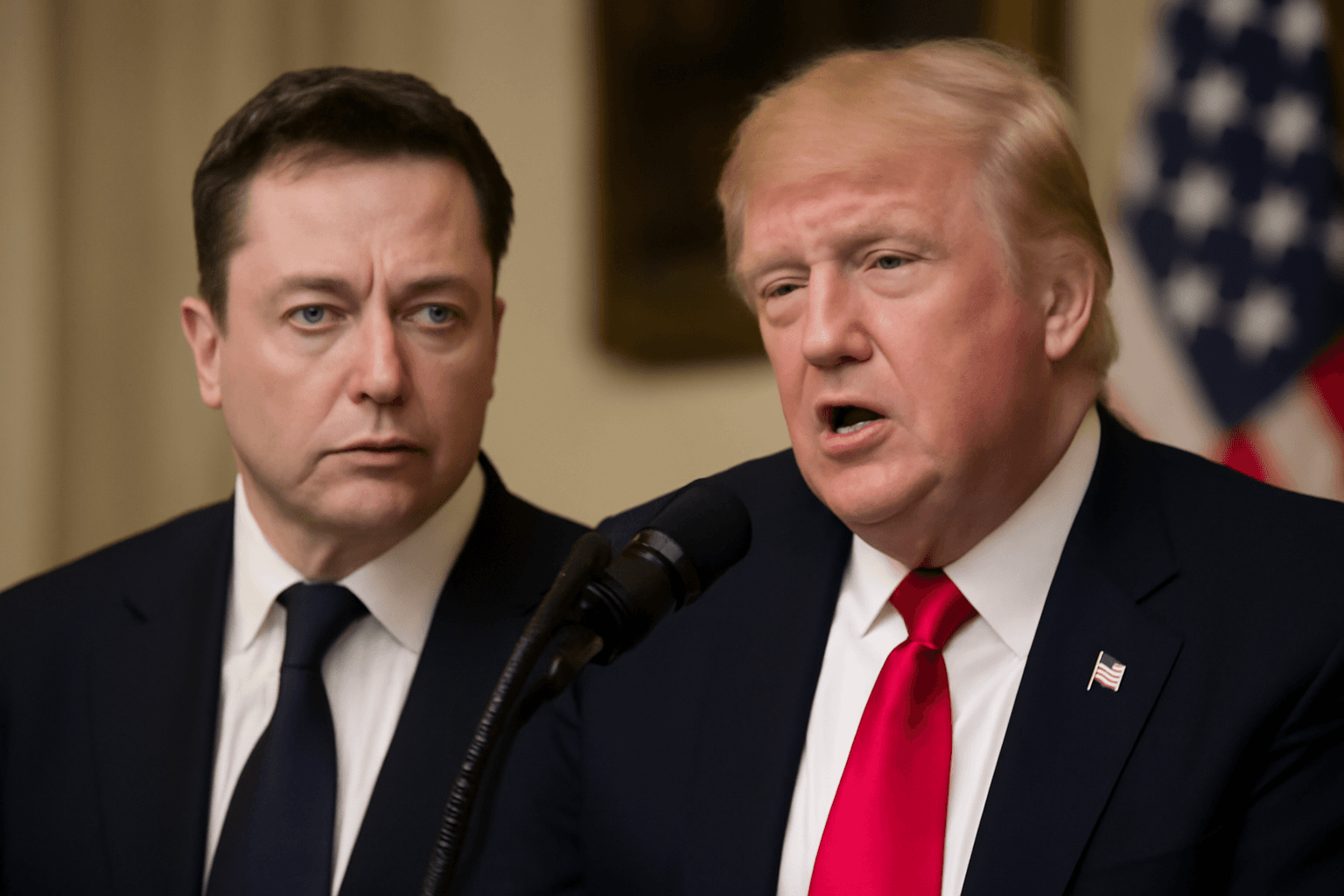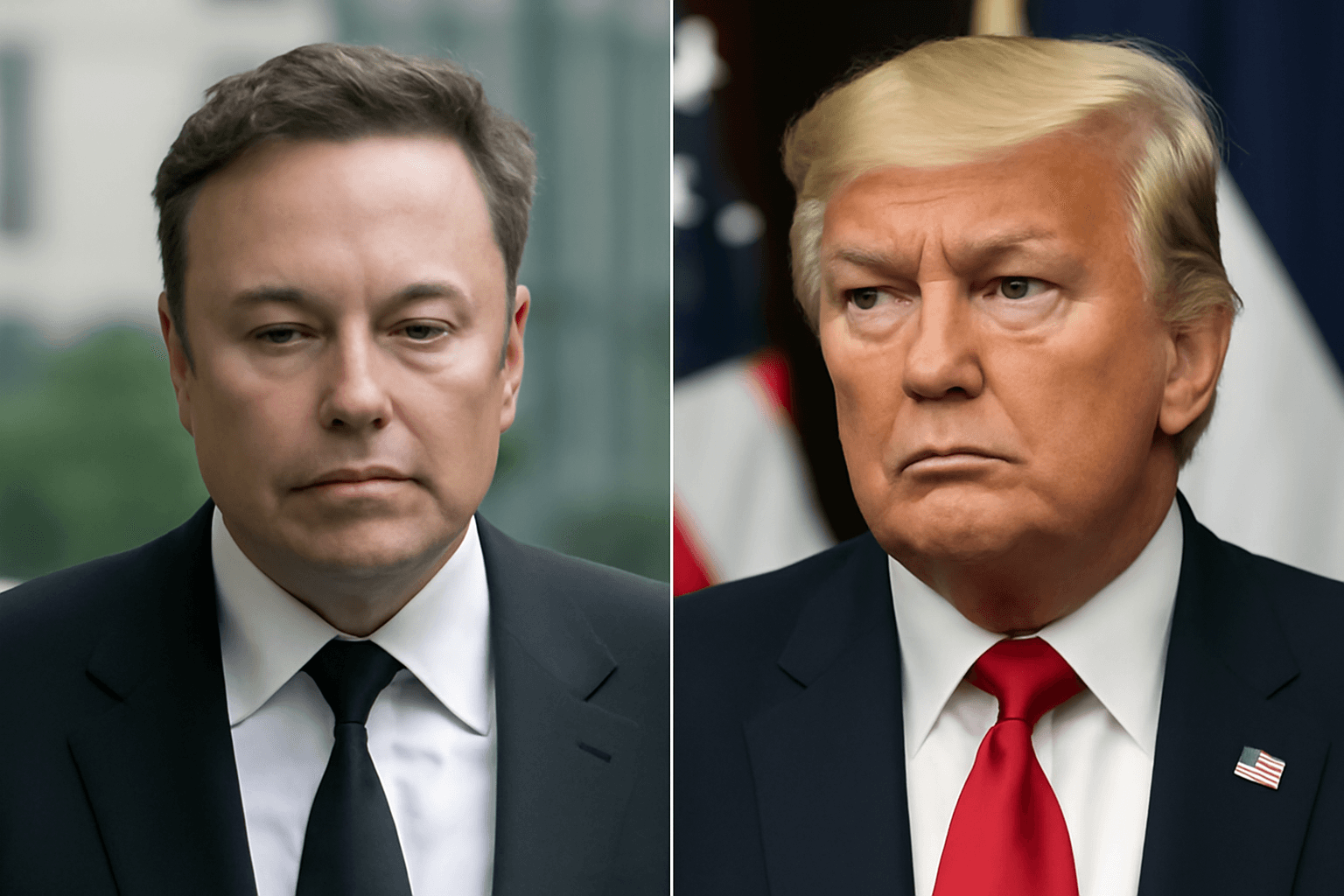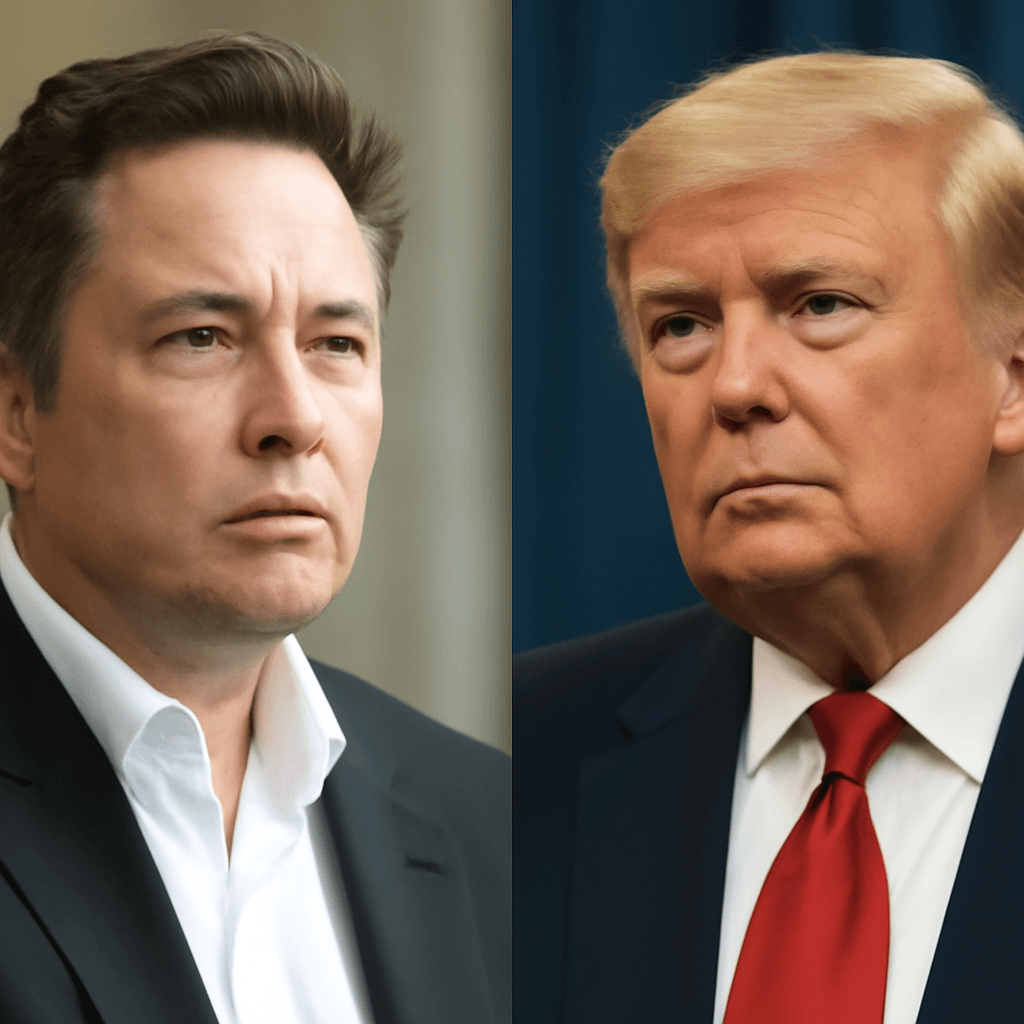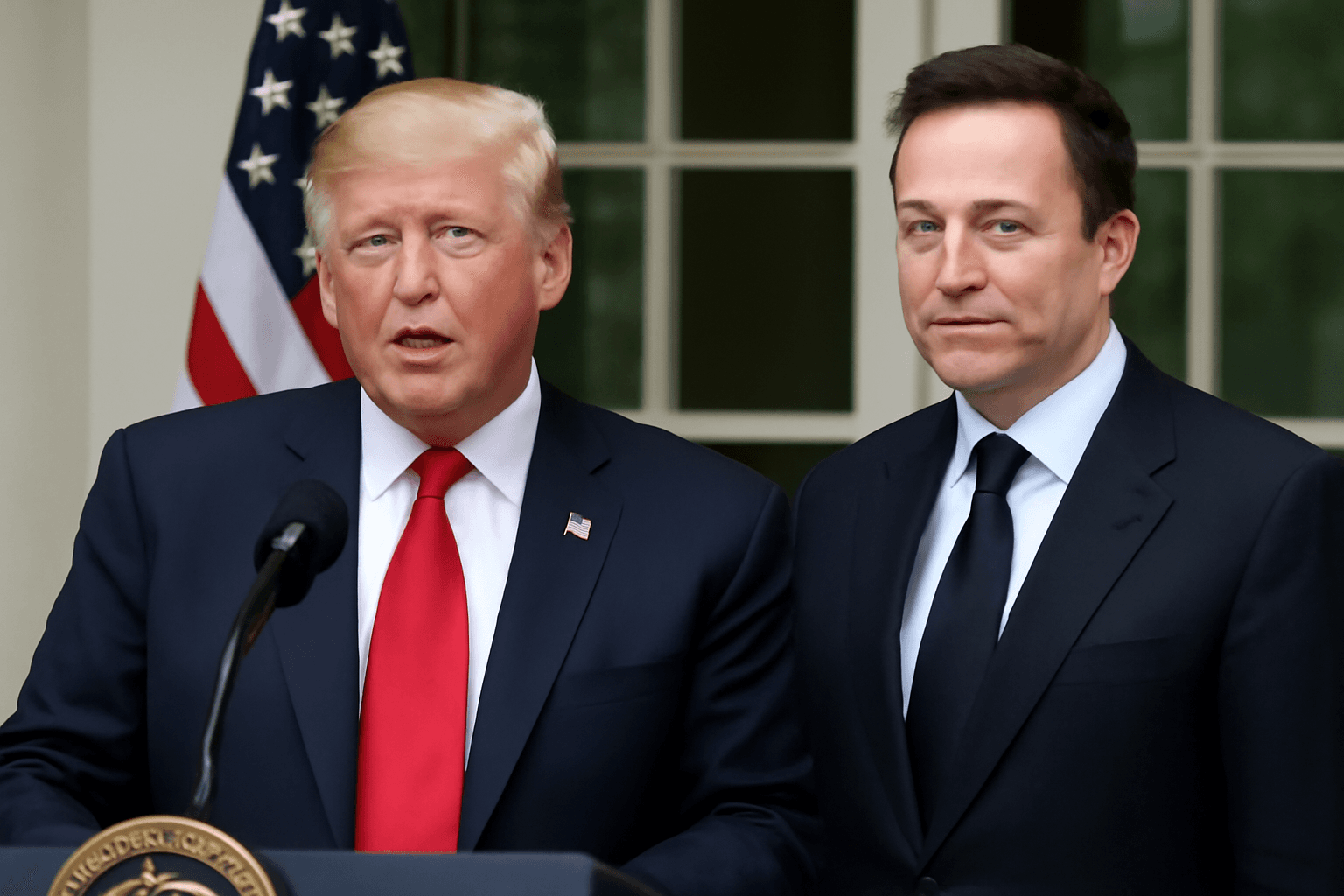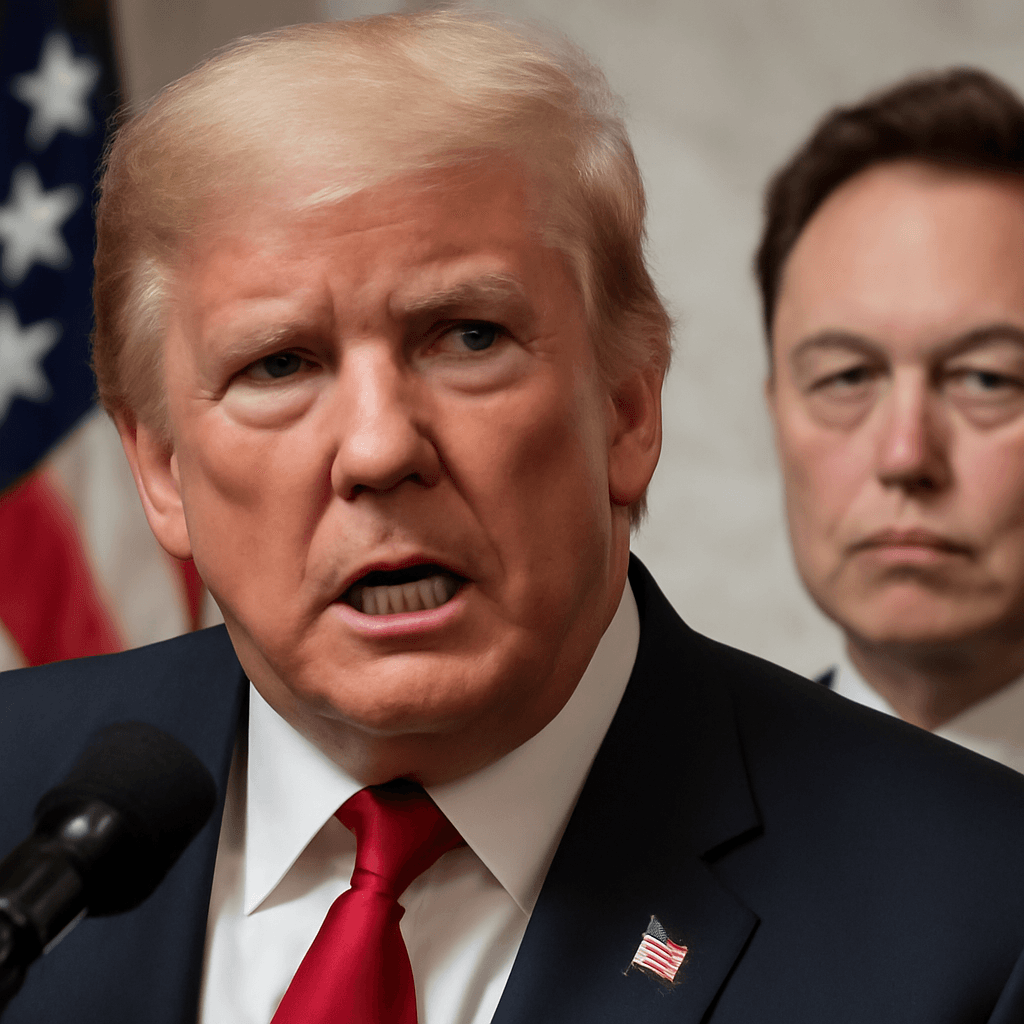Escalating Conflict Between Trump and Musk Sparks Republican Concerns
A growing rift between former President Donald Trump and billionaire Elon Musk is stirring unease among Republican lawmakers. Their dispute centers on a key legislative proposal, dubbed the "big, beautiful bill," which Musk openly criticizes and vows to oppose by financially targeting Republicans supporting it.
Impact on Republican Lawmakers
Lawmakers fear the consequences of crossing either Trump or Musk, both of whom hold significant influence within the party. Republican officials expressed concerns that aggressive intervention from Musk in upcoming elections could jeopardize vulnerable congressional seats and leadership positions.
As one anonymous Musk adviser put it, Musk prioritizes his agenda over party loyalty, indicating he would not hesitate to challenge Republicans backing controversial legislation. The adviser noted that while Republicans might lose the House majority, the Senate could remain stable, but Musk's involvement disregards traditional party considerations.
Internal Party Divisions and Responses
Moderate Republicans are attempting to remain neutral amid the intensifying feud. Representative Don Bacon, representing a competitive district, advocates for staying out of the conflict to avoid collateral damage.
Meanwhile, Trump allies have criticized Musk and called for investigations into his background and business dealings, including his immigration status and interactions with foreign governments. Such demands have added to the tension, suggesting potential legal and political scrutiny of Musk’s activities.
Rapid Escalation of Hostilities
Once aligned, Trump and Musk's relationship has deteriorated sharply. Recent events include:
- Musk retweeting calls to impeach Trump.
- Trump expressing disappointment over Musk’s rejection of his signature tax and spending legislation.
- Musk disputing claims that the bill’s impact on electric vehicle tax credits motivated his opposition.
Their earlier partnership saw Musk investing heavily in Trump’s 2024 campaign and being appointed to lead a governmental initiative focused on reducing federal bureaucracy. This collaboration ended abruptly with Musk’s exit announcement last week during a White House press conference.
The Fallout from Public Disagreements
Trump criticized Musk’s government role as lacking substance and suggested eliminating federal subsidies for Musk’s companies to reduce spending. Musk countered by referencing controversial "Epstein files" associating Trump with Jeffrey Epstein's social circle, intensifying the public exchange.
Musk also forecasted an economic recession in the latter half of the year, attributing it to Trump’s policies.
Political Ramifications and Strategic Calculations
Previously pledged funding for Trump-affiliated political committees from Musk has been rescinded amid the conflict, signaling a dramatic shift in support. The Musk adviser confirmed Musk’s willingness to back Democratic challengers if it undermines Trump’s legislation.
Democrats have welcomed the discord, viewing it as detrimental to Trump’s agenda and public standing. One political strategist described the situation as "Christmas" for Democrats, emphasizing the damage to Trump’s credibility.
Conversely, some Republican insiders interpret the feud as a sign of Trump’s autonomy from Musk’s influence, hopeful that the conflict could be temporary and that a reconciliation might occur.
Outlook from Republican Strategists
The duration and intensity of the dispute remain uncertain. Some GOP operatives express optimism that the disagreement will subside without long-term harm, while others caution that prolonged hostility could exacerbate party divisions during critical election cycles.
House Republican campaign chairman Richard Hudson anticipates the conflict will "blow over," though he refrains from predicting a reunion between Trump and Musk.

